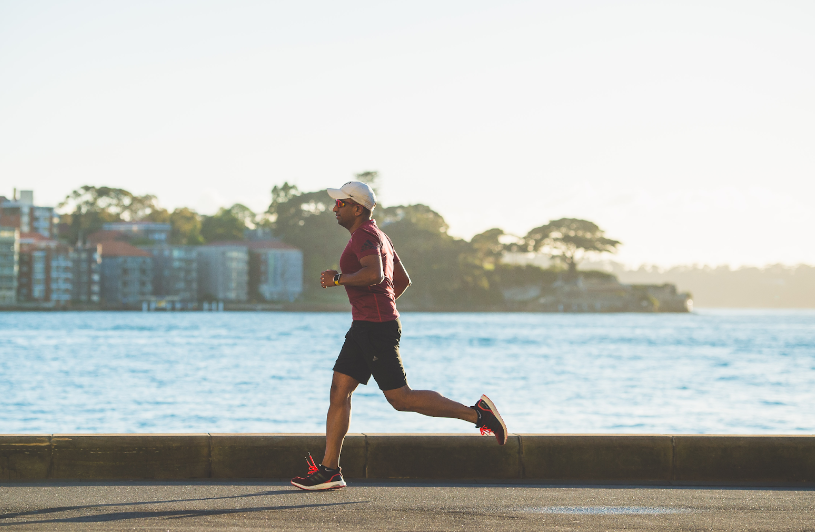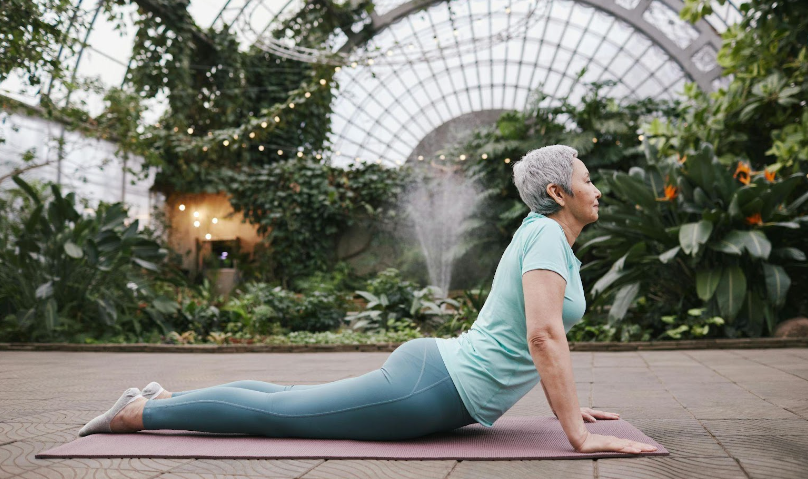Call for more information: (844) 215-0731
New Patient Department: (501) 254-0967
Referrals (Fax): (888) 630-8885
Medical Records (Fax): (501) 476-5707
Effective Exercises for Arthritis Relief

Arthritis is a debilitating condition that affects one in four adults in the USA. While there’s no cure for it, a combination of treatments and exercises can help manage symptoms. Exercise also offers a range of benefits that can significantly improve joint function, reduce pain, and enhance overall well-being.
Here’s an overview of how exercises can help you combat arthritis and get relief.
Overview of Arthritis
Arthritis can be challenging, as it brings pain, stiffness, and limited mobility to individuals. The condition can manifest in various forms with unique characteristics and symptoms.
Osteoarthritis, the most common type, affects the breakdown of cartilage. Cartilage is the protective tissue cushioning the ends of bones. Rheumatoid arthritis is an autoimmune disorder that causes the immune system to attack joint linings. This condition leads to inflammation and damage. Regardless of the type, arthritis can significantly impact daily life. This is because the stiffness, swelling, and pain can make even the simplest tasks challenging.
Why are Exercises Necessary?
When it comes to arthritis, movement and exercise are imperative. Regular exercise can significantly improve the quality of life, providing various benefits.
- Enhanced Joint Function: Exercise helps maintain and improve joint flexibility, range of motion, and strength. This can reduce stiffness, prevent further damage, and make daily tasks easier.
- Reduced Pain: Regular exercise releases endorphins, the body's natural pain relievers, which can help manage pain symptoms and reduce reliance on pain medication.
- Muscle Strengthening: Strong muscles around the joints provide better support and stability, reducing joint-related stress and minimizing the risk of further injury.
- Weight Management: Maintaining a healthy weight can alleviate joint stress, particularly in the lower body, and improve overall mobility.
- Improved Cardiovascular Health: Exercise enhances cardiovascular health, reducing the risk of heart disease, stroke, and other chronic conditions.
- Enhanced Mood and Well-Being: Physical activity releases mood-boosting chemicals, such as serotonin and dopamine, helping combat fatigue, improve sleep quality, and reduce stress.
Exercises for Arthritis Relief
When it comes to exercises for arthritis relief, it's essential to focus on gentle activities on the joints while still promoting strength, flexibility, and endurance. It’s also crucial to customize the exercise routine to suit your lifestyle. Various types of exercises can be beneficial, including:
- Walking: A daily stroll acts like a natural lubricant for joints, reducing stiffness and enhancing joint flexibility. It’s also a cardio booster, promoting cardiovascular health and overall well-being.
- Swimming: Swimming, coupled with water aerobics, emerges as a gentle yet effective ally against arthritis. The buoyancy of water minimizes impact on joints, making it an ideal full-body workout. The resistance from the water enhances muscle strength without subjecting joints to undue stress, providing a refreshing approach to arthritis management.
- Yoga: This is a practice that goes beyond physical postures. Yoga is a holistic approach to arthritis relief, promoting flexibility, balance, and mental well-being. The gentle stretches and controlled movements improve joint flexibility, while the meditative aspect helps manage stress, a common companion to arthritis.
- Strength Training: By building muscle around joints, you provide them with an invaluable support system. Starting with light resistance and gradually increasing the load ensures sustainability and prevents overexertion. Strength training isn't just about lifting weights; it's about empowering your body to withstand the challenges posed by arthritis. Therefore, you should build resilience and joint functionality.
- Cycling: This low-impact exercise places minimal stress on the knees and hips. The circular motion of pedaling engages various muscle groups, promoting overall joint health. Whether on a stationary bike or cycling through scenic routes, this enjoyable activity adds an element of fun to your arthritis management routine.
- Tai Chi: The ancient art of Tai Chi, where slow, flowing movements relieve pain from arthritis. This mindful practice enhances balance, coordination, and joint flexibility. The deliberate and graceful motions encourage a mind-body connection, offering not just relief from physical discomfort but also a sense of tranquility during arthritis challenges.
- Aerobics & Stretching: Low-impact aerobics classes elevate your heart rate and promote cardiovascular health. This dynamic exercise and targeted stretching contribute significantly to arthritis relief. The low-impact nature of these classes ensures that joints are exercised without unnecessary stress, making them an ideal choice for individuals with arthritis.
- Pilates: Strengthen your core and improve your overall flexibility with Pilates. This low-impact exercise focuses on controlled movements, emphasizing alignment, breathing, and strong core development. Pilates is particularly beneficial for individuals with arthritis as it enhances stability and reduces the risk of falls, contributing to improved joint health and overall well-being.
- Resistance Band Exercises: Integrate the simplicity and effectiveness of resistance bands into your arthritis relief routine. These elastic bands provide gentle yet challenging resistance, allowing you to strengthen muscles without putting excessive strain on your joints. From seated leg lifts to bicep curls, the versatility of resistance band exercises caters to various muscle groups, offering a customizable and joint-friendly workout option.
- Gardening: Digging, planting, weeding, and other gentle movements involved in gardening contribute to joint flexibility. Additionally, spending time in nature has been linked to stress reduction, providing a dual benefit for people with arthritis. Ensure you use ergonomic tools and adapt gardening activities to your comfort levels.
Consultation with Healthcare Service Provider
It’s vital to consult a healthcare provider before starting an exercise regimen. This is because not all exercise routines suit everyone, especially those dealing with arthritis. Your doctor can offer custom recommendations based on your health conditions and limitations. They will consider factors like the type and severity of arthritis, medical conditions, and medications. This information helps create a tailored exercise plan that maximizes benefits while minimizing risks. For example, your doctor might suggest gentler activities that don’t exacerbate inflammation if you have rheumatoid arthritis.
Arthritis may be a persistent companion, but it can be controlled with the help of exercises and proper guidance. A comprehensive pain management center like the
Pain Treatment Centers of America can help you get relief. Our team of expert physicians uses innovative treatments and exercises to offer excellent care for all our patients.
Contact us at
(844) 215-0731 for a consultation.



Call usReferrals (Fax)(888) 630-8885
Patient Support Hours
Monday - Thursday 8:00 - 4:00
Friday 8:00 - 12:00

PTCOA’s mission is to leverage unrivaled compassion and expertise to restore our patients’ functionality and improve the quality of their daily lives.
All Rights Reserved | Pain Treatment Centers of America | Arkansas | Mississippi | Texas









